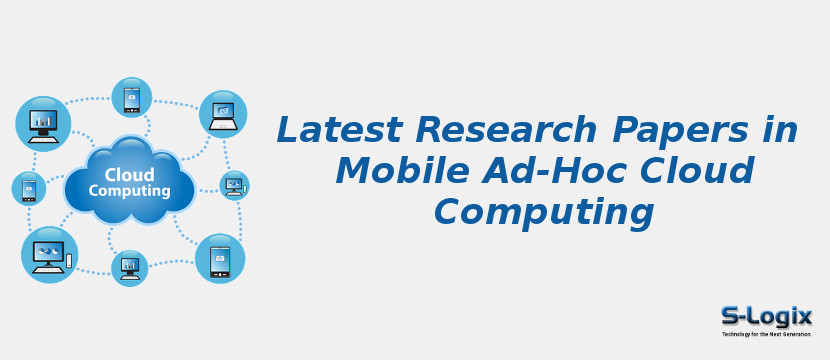Recent research in Mobile Ad-Hoc Cloud Computing focuses on creating decentralized, dynamic, and cooperative cloud environments using mobile devices interconnected through ad-hoc networks. These studies emphasize efficient task offloading, resource discovery, and energy-aware computation while addressing the challenges of device mobility, intermittent connectivity, and limited resources. Machine learning and optimization-based techniques are increasingly applied to improve scalability, fault tolerance, and latency in mobile ad-hoc cloud frameworks. The latest works also explore integration with edge and fog computing paradigms to enhance performance and enable real-time service delivery for applications such as IoT, vehicular networks, and smart city systems.
